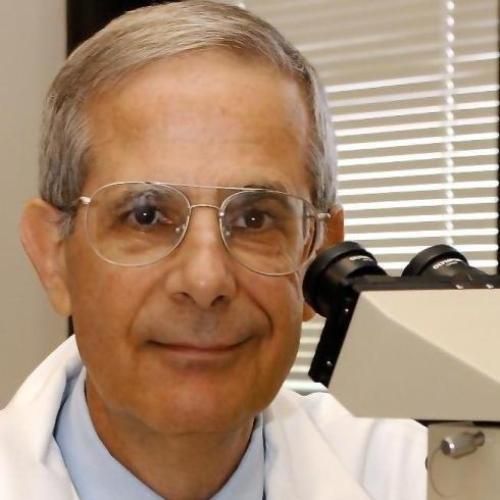IL-4 and interferon gamma regulate expression of inducible nitric oxide synthase in chronic lymphocytic leukemia cells.
Chronic lymphocytic leukemia (B-CLL) is characterized by the accumulation of long-lived non-dividing CD5(+) B cells. Nitric oxide (NO) is an important regulator of apoptosis, and the viability of cultured B-CLL cells may be dependent on the autocrine production of nitric oxide by inducible nitric oxide synthase (NOS2). We performed this study to determine whether cytokine factors that prevent spontaneous in vitroapoptosis of B-CLL cells induce B-CLL cell NOS2 enzyme activity. B-CLL cells expressed NOS enzyme activity and NOS2 protein and mRNA. IL-4 and IFN-gamma increased B-CLL cell NOS2 enzyme activity and protein expression during in vitro culture. IFN-gamma, but not IL-4, increased NOS2 mRNA expression in cultured B-CLL cells suggesting that IL-4-mediated changes of NOS2 protein expression occurred at the post-transcriptional level. We were unable to detect increased concentrations of nitrite or nitrate (NO(x)) as surrogate markers of NO production in B-CLL cell cultures treated with IL-4 or IFN-gamma. IL-4 and IFN-gamma diminished NOS inhibitor-induced B-CLL cell death. In summary, we found that B-CLL cells expressed NOS2 and that IL-4 and IFN-gamma increased B-CLL NOS2 expression. Cytokine-mediated expression of NOS2 by B-CLL cells may promote their survival, and therapeutic strategies that target NOS2 or quench NO may be beneficial in patients with B-CLL.
Duke Scholars
Altmetric Attention Stats
Dimensions Citation Stats
Published In
DOI
ISSN
Publication Date
Volume
Issue
Start / End Page
Location
Related Subject Headings
- Tumor Cells, Cultured
- Reverse Transcriptase Polymerase Chain Reaction
- RNA, Messenger
- Nitric Oxide Synthase Type III
- Nitric Oxide Synthase Type II
- Nitric Oxide Synthase
- Leukemia, Myeloid
- Leukemia, Lymphocytic, Chronic, B-Cell
- Interleukin-4
- Immunology
Citation
Published In
DOI
ISSN
Publication Date
Volume
Issue
Start / End Page
Location
Related Subject Headings
- Tumor Cells, Cultured
- Reverse Transcriptase Polymerase Chain Reaction
- RNA, Messenger
- Nitric Oxide Synthase Type III
- Nitric Oxide Synthase Type II
- Nitric Oxide Synthase
- Leukemia, Myeloid
- Leukemia, Lymphocytic, Chronic, B-Cell
- Interleukin-4
- Immunology


